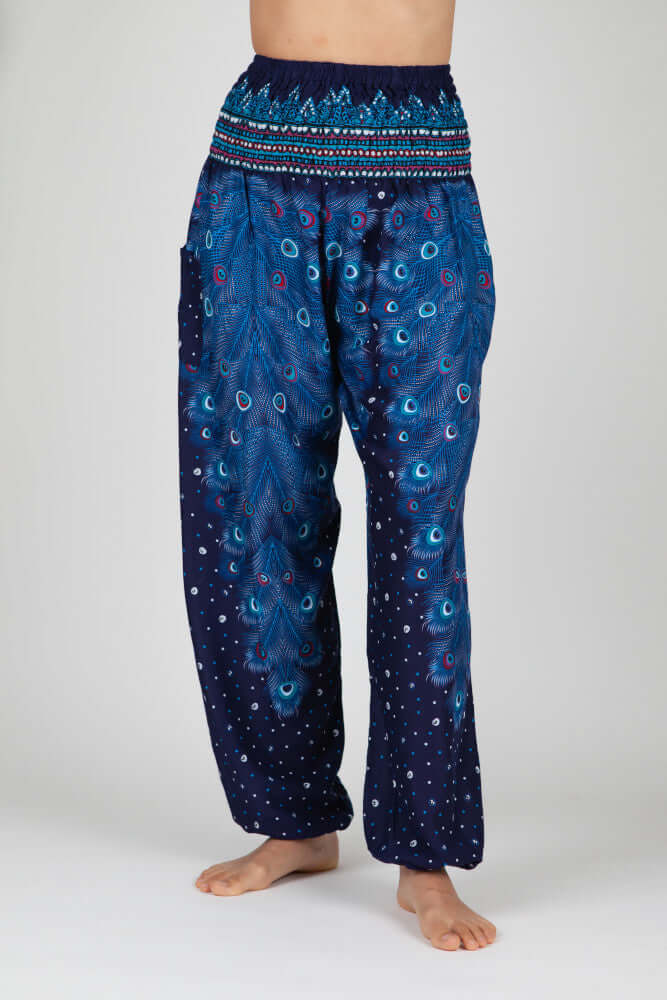
Inhaltsverzeichnis
Den eigenen Zuckerkonsum reduzieren: 10 Wege
Wer auf Industriezucker verzichten möchte, hat es nicht ganz so leicht. Denn er ist in unzähligen Produkten und verarbeiteten Lebensmitteln enthalten. Trotzdem gibt es ein paar Tipps und Tricks, die es einem leichter machen, den eigenen Zuckerkonsum anzupassen oder zu reduzieren. Die meisten dieser Möglichkeiten sind einfach umsetzbar und gut in den Alltag integrierbar.
Lass uns loslegen!
10 Wege, den eigenen Zuckerkonsum in den Griff zu bekommen:
1. Rezepte anpassen:
Meist lassen sich Zuckermengen in Rezepten um mindestens ¼ reduzieren, ohne dass man es wirklich schmeckt oder sich die Textur verändert.
2. Vollwertkost statt Industriezucker:
Wann immer es geht bietet es sich an, unsere Speisen durch vollwertige Kost anstelle von Zucker zu süßen. Beispielsweise kann zerquetschte Bananen im Pfannkuchen-Rezept verwenden oder reinen Apfelmus beim Backen anstelle von Sirup für unser Bananenbrot. In Smoothies oder beim Porridge reicht es völlig aus, die natürliche Süße von Früchten anstelle von Sirup, Fruchtsaft oder gesüßter Milch zu gebrauchen.
3. Gewürze, Gewürze, Gewürze:
Zucker kann auch super durch Gewürze substituiert werden (vorausgesetzt natürlich es passt zum Gericht). Zimt oder natürliche Extrakte wie Vanille, Mandel oder Zitrone geben unserem Essen Geschmack, ohne das extra Süßungsmittel benötigt wird.
4. Wasser trinken:
Oftmals verwechseln wir ein heftiges Verlangen nach Zucker mit Durst. Wenn uns also danach ist, etwas Süßes zu essen, reicht es häufig schon aus, erstmal ein Glas Wasser zu trinken.
5. Wenn Wasser allein nicht ausreicht:
Besonders wenn man es gewohnt ist, gesüßte Getränke zu trinken, kann Wasser langweilig schmecken. Aber auch Wasser kann man aufpeppen, ohne tonnenweise Zucker hineinkippen zu müssen. Von frischen Früchten wie Himbeeren und Erdbeeren über Zitrone und Gurke bis hin zu Minze oder Basilikum – es gibt viele Möglichkeiten, Wasser interessanter schmecken zu lassen.
Wenn man immer noch Fruchtsäfte trinken möchte, kann man diese auch wunderbar mit Sprudelwasser verdünnen. Und schon schmeckt es nach leckerer Fruchtschorle.
Auch in Cafés kann man den Zuckerkonsum reduzieren, indem man entweder selbst weniger Zucker verwendet oder darum bittet, das Getränk weniger zu süßen (z.B. kann man darum bitten, weniger Karamellsirup in den Kaffee zu geben).
6. Ungesüßte Produkte kaufen:
Dieser Tipp mag offensichtlich sein, und trotzdem ist er wichtig. Gerade bei Milchalternativen und Joghurt gibt es meist auch Versionen mit wenig oder gar keinem beigesetzten Zucker. Wenn man später doch noch nachsüßen möchte, kann man wenigstens bestimmen, wie viel Süßmittel drauf kommen soll.
7. Nachtisch-Gelüste:
Besonders nach dem Abendessen verspürt man häufig den Drang danach, noch etwas Süßes zu naschen. Obst lässt sich hier super einbauen. Ob Apfel mit Nussbutter, schokoladenüberzogene Früchte oder gefrorene Trauben mit Joghurt. Es gibt viele Wege, Obst in den Nachtisch zu integrieren.
8. Mach es selbst:
Fertigsaucen, Salatdressings und Aufstrichen werden fast immer hohe Mengen Zucker beigesetzt. Wann immer es geht sollte man also seine eigenen Varianten herstellen. Das ist oft gar nicht so aufwendig und kompliziert wie man erstmal denkt, und man kann selbst entscheiden, wie viel Zucker bzw. Süßungsmittel am Ende drinsteckt.
9. Etiketten lesen:
Dieser Punkt ist wohl einer der Wichtigsten. Auch Produkte, von denen man es gar nicht unbedingt erwarten würde, enthalten des Öfteren Zucker. Und der heißt nicht immer “Zucker”, sondern hat viele Namen: Fructose-Glukose-Sirup, Karamellsirup, Melassesirup, Dextrin und all die Wörter, die mit “-ose” aufhören, wie Laktose, Maltose, Dextrose, Saccharose, usw. Es lohnt sich also immer, das Etikett zumindest ab zu scannen nach diesen Inhaltsstoffen. Das hilft einem dabei, bewusste Kaufentscheidungen zu treffen.
10. Veränderungen machen sich bemerkbar:
Wenn man eine Weile lang auf den eigenen Zuckerkonsum geachtet hat oder ihn heruntergefahren hat, stellen sich Zuckergelüste meistens von ganz allein ein. Denn wir trainieren unsere Geschmacksknospen wieder darauf, die natürliche Süße von Lebensmitteln wahrzunehmen und anzuerkennen. Man ist wirklich überrascht, wenn man plötzlich merkt, dass man gar nicht mehr so ein Verlangen nach Süßigkeiten und gesüßten Produkten verspürt wie vorher!
Zum Abschluss möchte ich noch darauf hinweisen, dass jeder Mensch natürlich eine andere Beziehung zu Zucker hat. Und jeder weiß selbst, was für den eigenen Körper das Beste ist. Also mach das, was dir passt und guttut. Und wenn du weitere Tipps oder Anregungen zum Thema Zucker hast, hinterlasse gerne einen Kommentar!
Wenn du noch mehr über gesunde Ernährung, Achtsamkeit oder Nachhaltigkeit erfahren möchtest, schaue dir hier noch mehr spannende Blog-Artikel zu diesen Themen an.




























Leave a comment
This site is protected by hCaptcha and the hCaptcha Privacy Policy and Terms of Service apply.